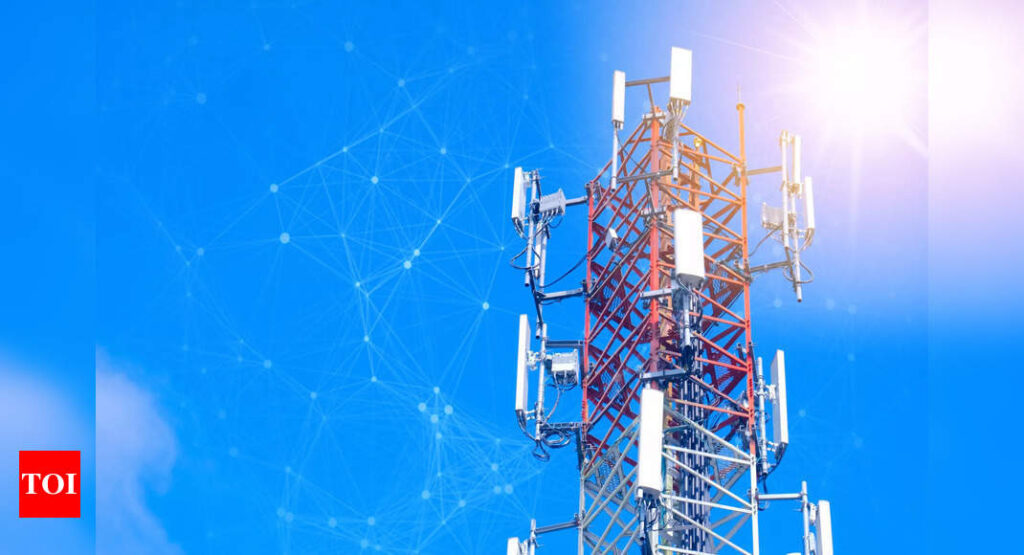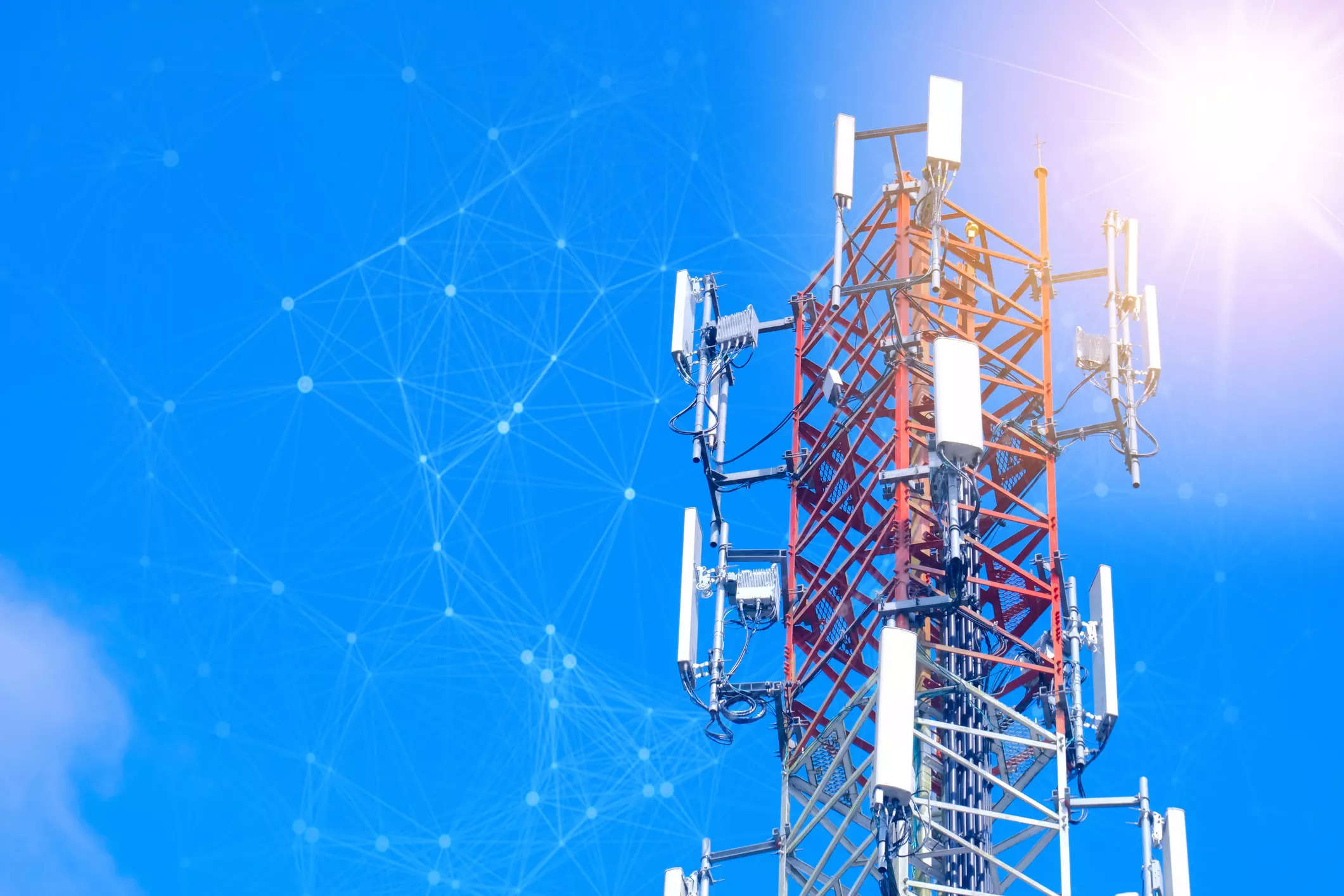[ad_1]
The country’s top court had then also offered a breather to telecom service providers who were struggling to pay Rs 93,520 crore of Adjusted Gross Revenue (AGR) related dues. In September 2020, the SC offered affected telcos 10 years to clear their outstanding amount to the government.
What the Supreme Court said about telecom dues
A bench of Justices B V Nagarathna and Ujjal Bhuyan has issued certain directions for the telecom sector. However, considering the COVID-19 challenges, a surge in data consumption, online education, work-from-home and more, the court said that these reform measures were found necessary to boost the penetration and adoption of broadband as well as telecom connectivity.
The bench said: “In our view, these are all matters of policy and decision-making which is based on experts’ opinion and emerging situations and exigencies, to be made in the interest of the welfare of the people of India having serious technical and financial implications and, therefore, have to be in the public interest. Hence, we do not think such Cabinet decisions could be lightly interfered with by a Court of law in the absence of there being any particulars or materials brought to the notice of the Court assailing the Cabinet decisions, as being unconstitutional or arbitrary or contrary to law.”
Why Supreme Court dismissed the PIL
The apex court said that the PIL filed by petitioner Anshul Gupta was without merit. The court also said that any interference at this stage would not only create uncertainty in the implementation of the policy but would also jeopardise the policy itself.
“Moreover, the other stakeholders, namely, the telecom service providers are not arraigned as parties to this petition. Therefore, at this stage, we do not think it proper to entertain this petition,” the court added.
The court also said that it may appear that the Cabinet’s decision to initiate structural and procedural reforms along with providing relief measures for the telecom service providers is contrary to its earlier directions.
The bench said: “It would have been more appropriate for the central government to have filed an application in this regard. But what is to be borne in mind is emerging situations in light of the COVID-19 pandemic that engulfed the world, including India, in the years 2020-2021 and the lifestyle of the people drastically changing on account of the precautions and preventive measures that had to be taken in order to save themselves from being afflicted by the pandemic which resulted not only in deaths but also post COVID-19 disabilities and ill health.”
[ad_2]
Source link











More Stories
Google Maps: Three privacy features coming to Google Maps on Android, iPhones
Most-Downloaded IPhone App: This Chinese app was the most-downloaded iPhone app in the US in 2023
Ukraine’s largest mobile operator goes offline for millions of users after cyber attack